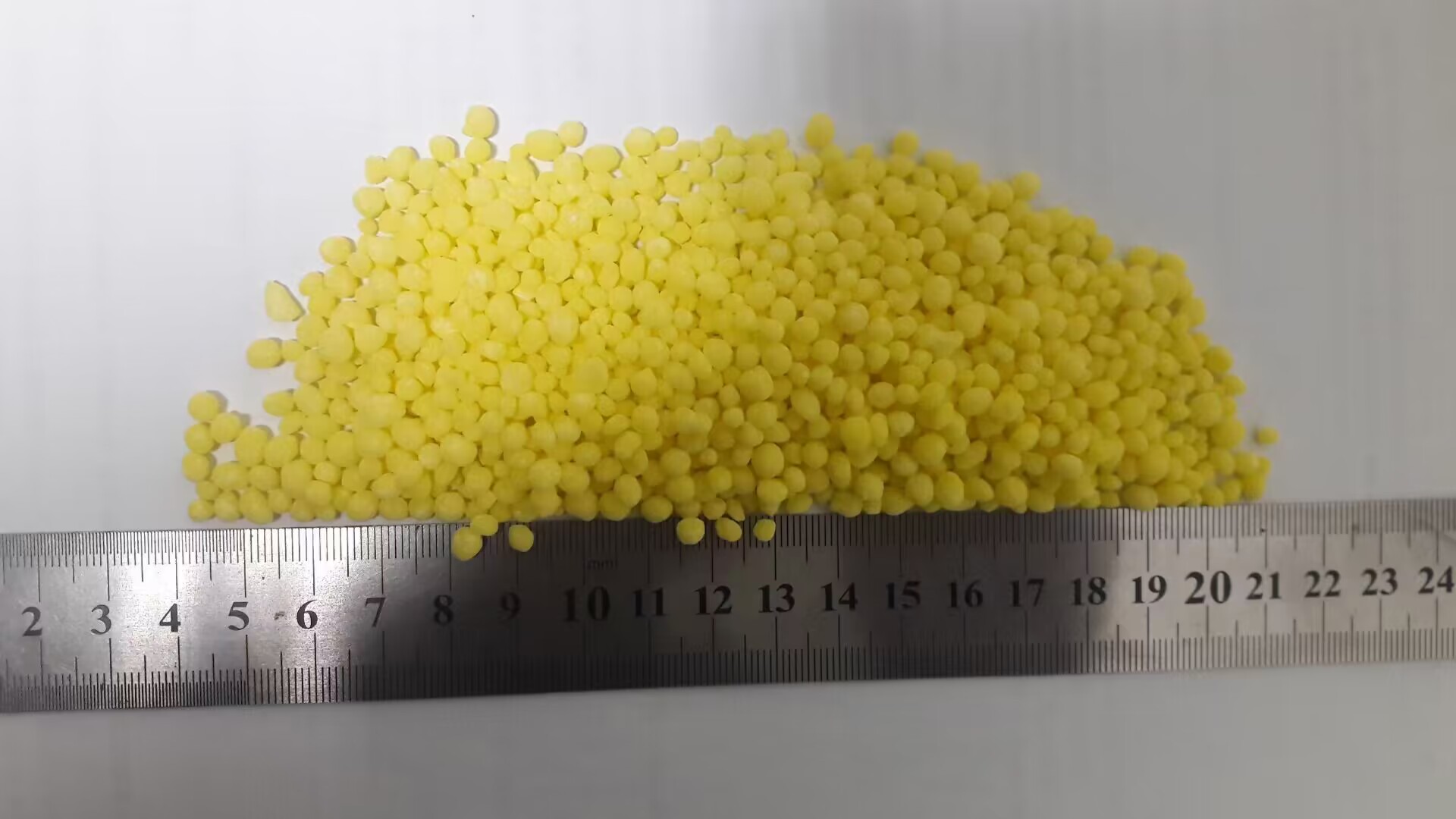Boron is a trace element fertilizer mainly related to the transformation and transport of compounds in plants. It can affect cell elongation and division. It is an essential element for crop flowering and growth, and plays an important role in the formation and development of plant organs.
Thus, when boron is in sufficient supply, plants flourish, seeds are plump, their numbers increase, and roots develop, increasing the yield and sugar content of root crops such as sugar beets. When boron is in short supply, plant growth is poor and yield and quality decrease.When boron is severely deficient, some crops wilt at seedling stage, and some produce flowers without fruit, no harvest, or few fruits and flowers, with very low yields. Boron fertilizer can be applied by drip irrigation and has good effect on flower bud differentiation and fruit setting.
It is not recommended to use borax for drip irrigation while the plant is growing. Borax is difficult to dissolve in water and can only be melted with warm water. Drip irrigation is mostly cold water, and borax is alkaline and does not mix. It is recommended that most borax be used as a base fertilizer to slowly release the boron.
Whether it is foliar irrigation or drip irrigation, the most widely used is disodium octaborate tetrahydrate, which contains 21% boron. Sodium octaborate tetrahydrate is a white powder with good water solubility. The boron content in sodium octaborate tetrahydrate is relatively high and special. Whether it is drip irrigation or foliage irrigation, it is recommended to use it alone. Once excessive, it will cause fertilizer loss.
Commonly used boron fertilizers mainly include borax, boric acid, boron-magnesium fertilizer, Sodium octaborate tetrahydrate etc.
Boron is the most deficient trace element in plants. Loose soils are often boron deficient.The amount of available boron in the soil becomes lower and lower, eventually leading to boron deficiency in crops.The application of boron fertilizer must be targeted and adapted to local conditions. For plants such as perennial fruit trees and plots that have been planted for many years, especially vegetables in protected areas, attention should be paid to topdressing boron fertilizers, but excessive application is not allowed.
Post time: Aug-18-2023






